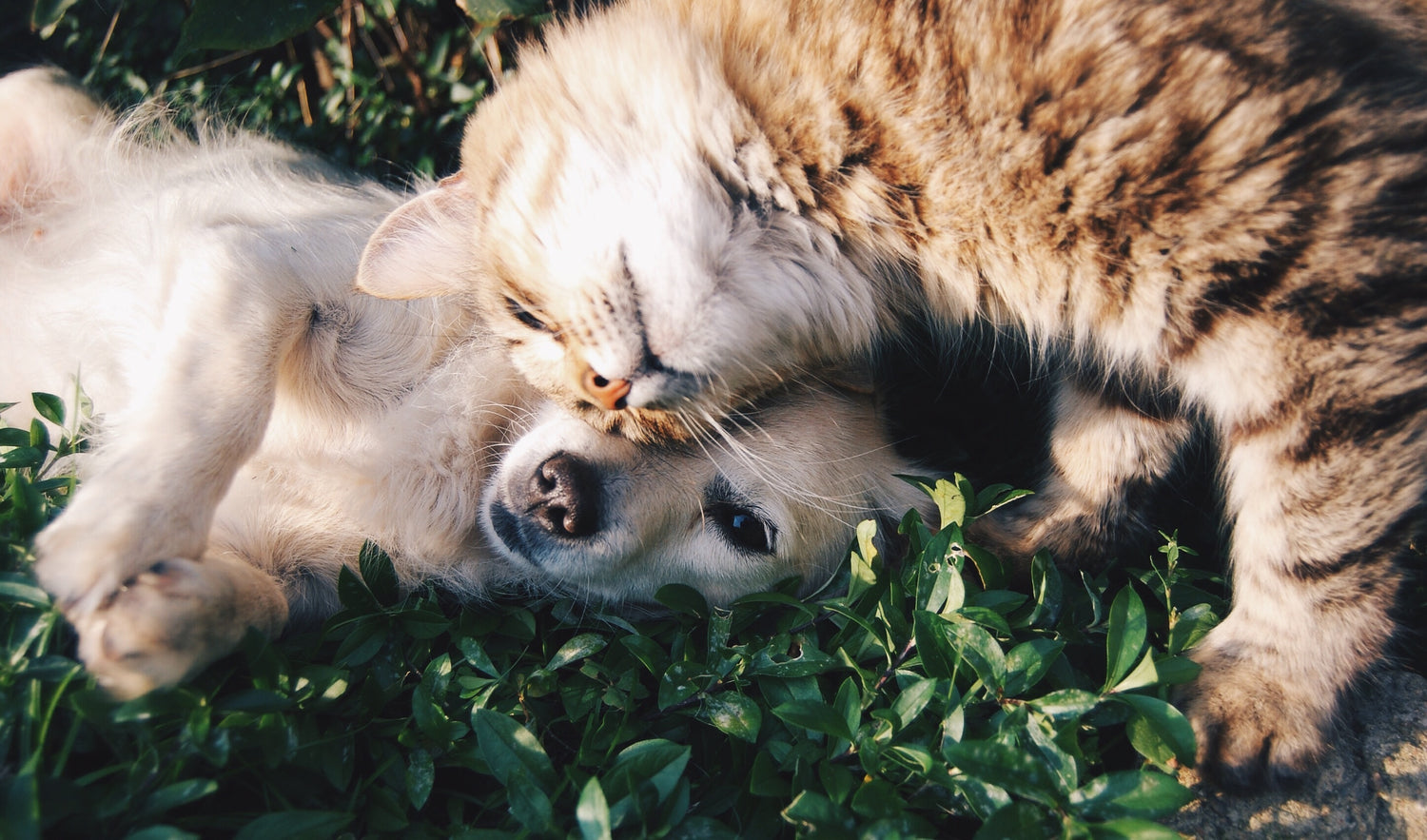Written by Baci +
Many scientific studies show that the daily inclusion of prebiotics and probiotics in our pets’ food is immensely beneficial to their health. Indeed, our animal companions’ domestication creates conditions very different from those innate to their species and the addition of prebiotic and probiotic solutions can help considerably in alleviating the deficiencies induced by adaptation to our lifestyles. Let’s have a closer look at these important factors in our pet’s health.
- Prebiotics (before life) are non-digestible substances which can facilitate the development of bacteria when introduced into their environment. Prebiotic action is non-discriminatory, however. It facilitates both the good bacteria and the bad! It is therefore crucial to consider that feeding excessive prebiotics to a subject in a weakened condition could destabilize their immune system through the development of harmful bacteria. It is therefor highly recommended to use a product specifically designed for the proper intake of prebiotics. Please note that while prebiotics support the development of bacteria they are not microbially active in themselves.
- Probiotics and/or microbial products (for life) are beneficial bacteria. Administering a product having microbial activity favourable to good bacteria can influence the other microbial populations in the environment where they are added and thus have a positive effect on the your animal’s health. The ingestion of probiotics has the effect of changing the intestinal environment by promoting beneficial bacterial activity naturally present in the gut, in particular by acidifying the PH and fostering digestive enzyme activity. Probiotics will colonize and fortify the natural flora already present in the gut and fight and obstruct the development of undesirable organisms (biofilm). That is how probiotics added to bacterial flora helps protect your pet’s immune system!
- Probiotics (for life) and antibiotics (against life): antibiotics restrict microbial activity (bactericidal and/or bacteriostatic). By impeding the development of bad bacteria, antibiotics also impede the development of good bacteria. Sometimes you have to destroy everything and start over, as some war strategists might say; the same may be said of administering antibiotics intended to eradicate a powerful primary infection. However, taking antibiotics can lead to collateral infections by destroying bacterial flora and thus weakening the immune system’s resistance. It is therefore highly recommended to facilitate the “reconstruction” of bacterial flora with the addition of probiotics after taking antibiotics.
- - Do not rely on commercial food sources for your pet’s needed probiotic supplements. In the early 2000s, the addition of probiotics to pet food became a popular marketing strategy. However, technical hurdles and manufacturers’ ignorance about probiotics resulted in the marketing of products that have no probiotic effect as most contained either dead bacteria or insufficient concentrations to have an impact on health.
- Prebiotics and probiotics, together, do not all have the same effect on your pet! It is now scientifically proven that prebiotics and probiotics will have a positive effect on your pet’s general state of health; but it is important point out the importance of the proper dosage of each element in the respective products. Indeed, each animal species has bacterial flora specific to it. So giving inappropriate probiotics can be ineffectual, and may even cause harm to its bacterial flora and thus compromise its protective activity. Be sure to give your pet a product specifically designed for its species.
At baci+, we offer specialized products for dogs, cats, and birds. Our expertise has enabled us to develop formulas in which prebiotics and probiotics are in a symbiotic relationship that favours the development of good bacteria, making it easy to choose a product not only dedicated to your pet’s species but also to specific circumstances.
Bibliography
Marcouzet, Martin,
Nourriture probiotique pour chiens, Institut de développement d’aliments probiotiques, Québec, Canada Publié en ligne le 9 mars 2015
Weese, J.S., Arroyo, L. (2003) Bacteriological evaluation of dog and cat diets that claim to contain probiotics. Can Vet J 44(3):212-215
Case (2011) Nutritional management of gastrointestinal disease. Canine and Feline Nutrition, chapter 35 pp 455-478
https://veterinarypracticenews.com/prebiotics-probiotics-and-intestinal-health

